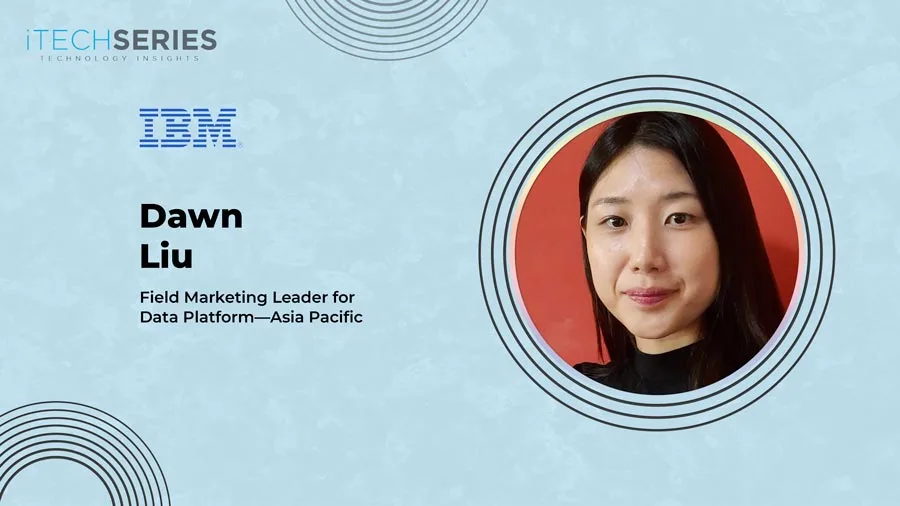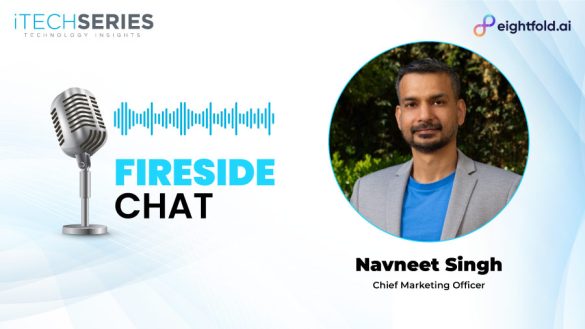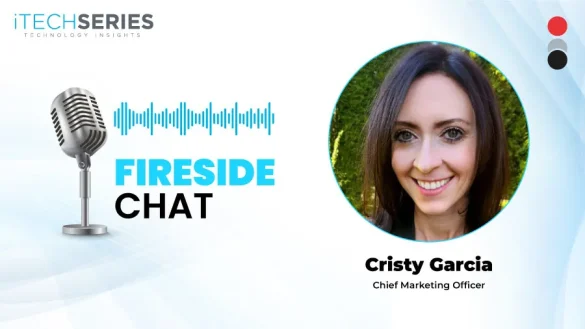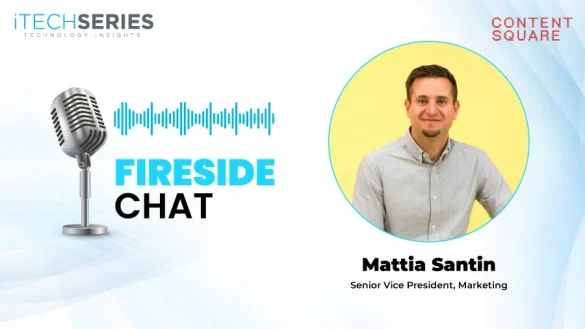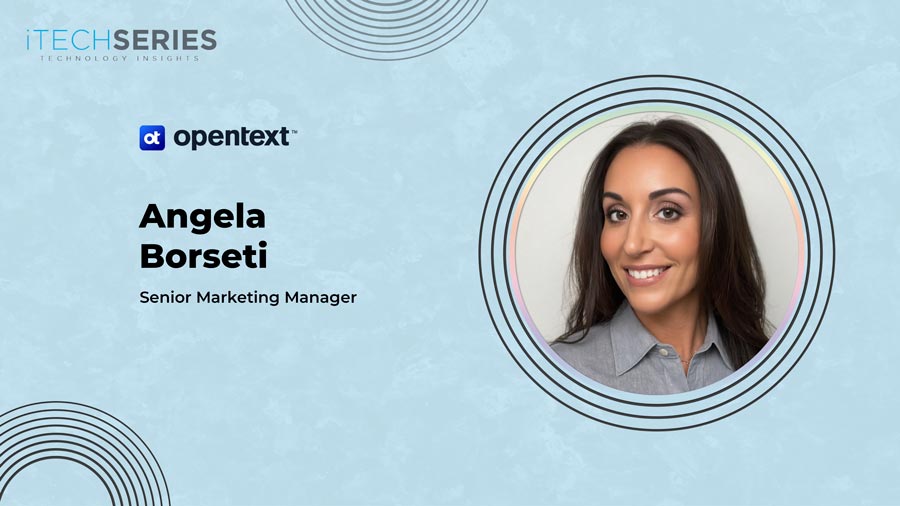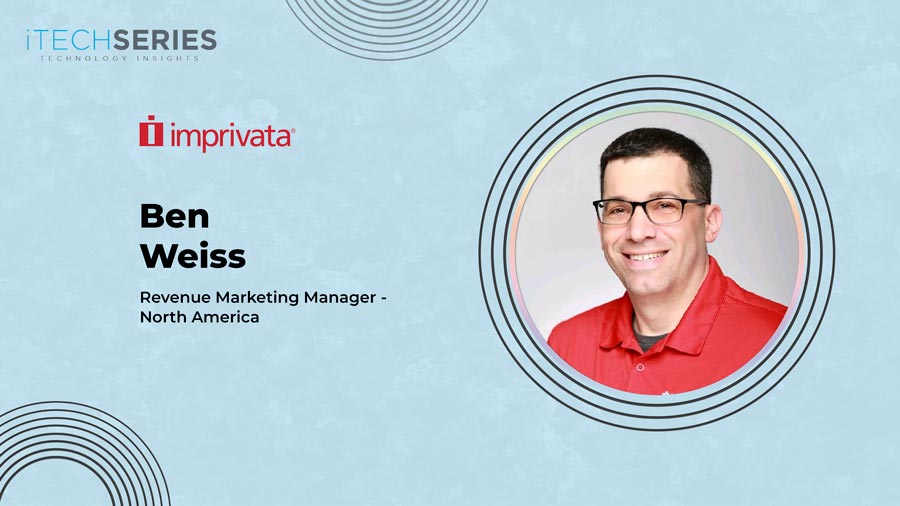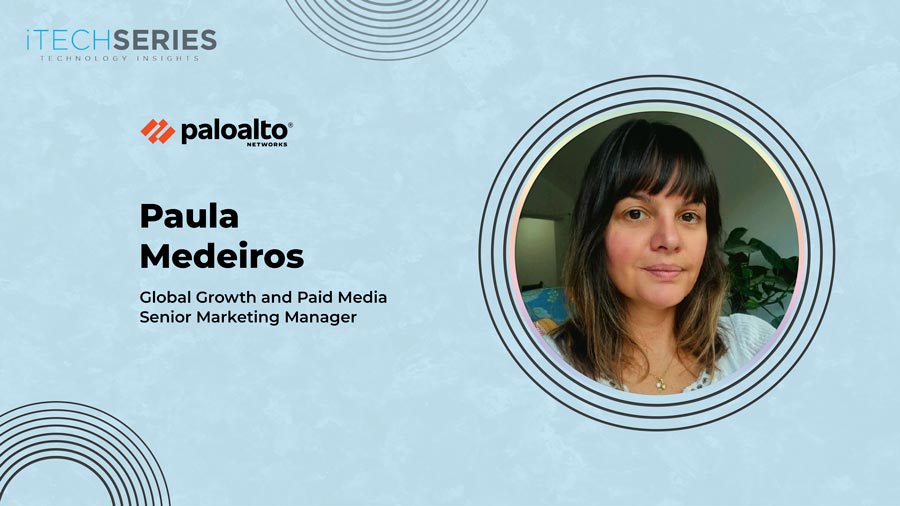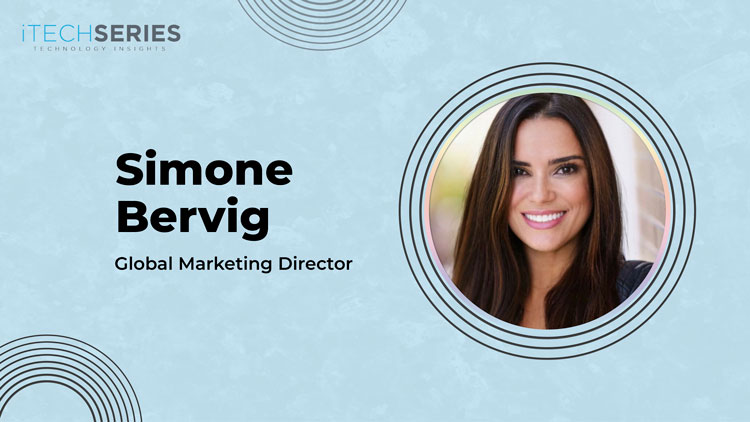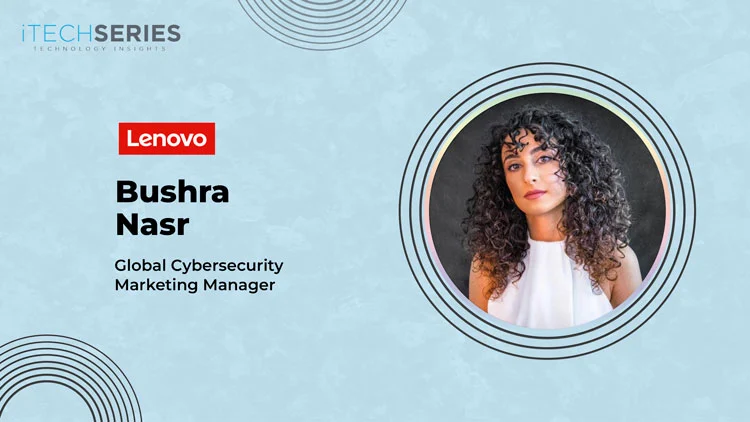Dawn Liu, APAC Field Marketing Lead for IBM’s Data & AI portfolio, shares her journey from digital, social, and event marketing to leading integrated field and ecosystem campaigns. She discusses driving customer-centric engagement, leveraging AI for smarter targeting, aligning cross-functional revenue teams, orchestrating regionally relevant programs, and building marketing as a value-driven engine that delivers measurable business impact.
Great to have you on this interview, Dawn. Could you tell us about your journey as a marketing leader?
Thanks for having me! My journey has been shaped by a passion for connecting technology to purpose and people. Over the past 19 years, I’ve held leadership roles across various marketing disciplines—from digital and social strategy to event marketing, partner and ecosystem engagement, account-based marketing, and integrated campaign execution. I’ve led regional and APAC-wide functions for some of the most transformative technologies—from cloud and data platforms to AI. I’ve always believed marketing is more than demand generation; it’s about building trust and connection and creating meaningful experiences. Today, I lead field marketing for IBM’s Data & AI portfolio in APAC, with a focus on driving business value through innovation, ecosystem collaboration, thought leadership, and customer-centric engagement.
Where do you see the biggest benefit of increased collaboration between the different revenue functions—marketing, sales, product, RevOps, customer success, etc.?
The biggest benefit is alignment around the customer. When these functions collaborate, we move from isolated efforts to a unified go-to-market strategy. Marketing brings the voice of the customer, product brings innovation, sales drives relationships, RevOps ensures operational efficiency, and customer success closes the loop. Together, we create a seamless experience that accelerates pipeline, improves win rates, long-term loyalty, and, importantly, value to the customer. In my experience, the most successful initiatives are those where these teams co-own outcomes and continuously share insights.
With your experience in digital, social, event, and ecosystem marketing, how do you prioritize channels and tactics for the greatest impact?
It starts with understanding the buyer journey and regional nuances. In B2B, especially in APAC, decision-making is complex and often consensus-driven. I prioritize channels based on where our audiences seek validation and insight—as examples, LinkedIn or industry publications for thought leadership, roundtables for peer engagement, etc. I also consider the maturity of the market and the strength of our ecosystem. For example, in emerging markets, partner-led events can be more effective than direct campaigns. Ultimately, it’s about orchestrating the right mix across the funnel, with agility to adapt as we learn.
How do you identify the most promising opportunities for field marketing in different regions?
It’s a combination of data, market intelligence, and local insight. I start by analyzing industry trends, whitespace opportunities, and customer pain points. Then I validate with sales and partner feedback to ensure relevance. Cultural context is also key—what works in Australia may not resonate in Korea or Indonesia. Field marketing thrives when it’s hyper-local and aligned to business priorities. I look for moments where we can create meaningful engagement—whether it’s a strategic roundtable, an ecosystem-led forum, or a digital experience that drives action. Continuous measurement and iteration also help refine our approach, ensuring we invest in the opportunities with the highest potential impact.
How has the adoption of AI impacted your field marketing campaign strategy and execution?
AI has fundamentally changed how we plan, execute, and optimize campaigns. We’re using AI to analyze intent signals, personalize content at scale, and orchestrate engagement across channels. AI also helps us test and learn faster—refining messaging, identifying high-propensity accounts, and optimizing performance in real time. Beyond efficiency, it provides deeper predictive insights, enabling more precise targeting, better resource allocation, and stronger alignment between field and demand generation teams. I see it as a strategic enabler that’s helping us deliver smarter, more impactful marketing.
“Great marketing is about creating moments that matter—when innovation meets purpose in a way that resonates. Seeing the genuine excitement it sparks makes it unforgettable.”
Which KPIs do you monitor most closely to determine the effectiveness of a field marketing strategy?
I focus on a mix of pipeline metrics and engagement indicators. Influenced revenue and pipeline contribution are key, but I also track account progression, conversion rates, and velocity. Engagement metrics—like event attendance, content consumption, and digital interactions, including social—help us understand resonance. Increasingly, I’m looking at account-based KPIs: how we’re penetrating key accounts, expanding relationships, and accelerating deal cycles. And of course, qualitative feedback from sales is invaluable. KPIs should tell a story—not just report numbers.
What has been your most challenging yet memorable experience as a marketer?
A recent one was hosting an AI-themed open house during F1 week in Singapore. It was a bold concept—blending sports & technology—a powerful platform for client engagement. The challenge was orchestrating an experience that felt authentic, relevant, and differentiated. We brought together clients, partners, and thought leaders to explore how AI is transforming industries. It reminded me that great marketing is about creating moments that matter—when innovation meets purpose in a way that resonates—and seeing the genuine excitement and curiosity it sparks in the audience makes it truly unforgettable.
As a marketing leader, what lessons or advice would you share with aspiring marketers?
Stay curious, stay customer-obsessed, and never stop learning. Marketing is evolving faster than ever, and the best marketers are those who embrace change and lead with empathy. Build strong cross-functional relationships—they’re your superpower. Don’t be afraid to experiment, but always anchor your strategy in insight. Seek feedback constantly and reflect on what works and what doesn’t. And most importantly, find your purpose. When your work aligns with what you believe in, it becomes a platform for impact—not just a job.
About Dawn Liu
Dawn Liu is a seasoned marketing leader with 18+ years of experience driving field, digital, social, and event marketing across APAC. As IBM’s APAC Field Marketing Lead for Data & AI, she champions outcome-driven, collaborative campaigns, ecosystem engagement, and account-based marketing. A mentor and innovator, Dawn excels at leading cross-functional teams, leveraging data-driven insights, and creating impactful integrated campaigns that connect technology, purpose, and business value.

